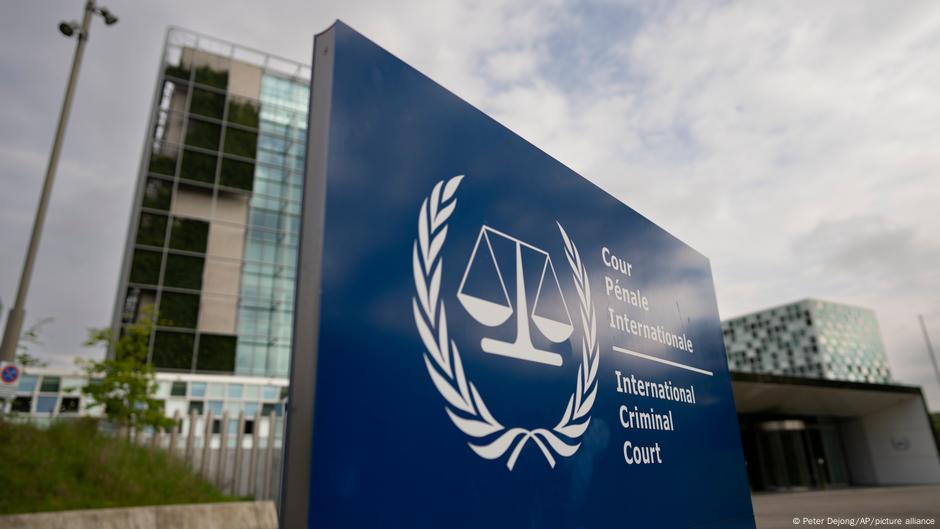On Thursday in The Hague, the US imposed new sanctions against judges at the International Criminal Court (ICC). This move is described by the US as a response to “illegitimate actions” directed at both the United States and Israel.
This action adds to a series of diplomatic measures aimed at diminishing the credibility and operational capacity of the ICC. The court has condemned the sanctions, viewing them as an obvious attempt to compromise the independence of an international judicial entity.
Despite the European Union’s long-standing defense of the ICC as the “cornerstone of international justice,” the varied responses from its member states regarding recent ICC judgments reveal significant divisions, highlighting challenges to its effectiveness.
Reasons Behind US Targeting of the ICC
The new sanctions specifically target four judges of the ICC. Two of them were involved in issuing an arrest warrant for Israeli Prime Minister Benjamin Netanyahu and others, citing alleged crimes against humanity in Gaza, which Israel disputes. The other two judges on the blacklist were part of investigations into potential war crimes by US military forces in Afghanistan.
The Trump administration had previously targeted the ICC’s former chief over war crime probes in Afghanistan. Although President Biden’s administration lifted those sanctions, the ICC later deprioritized investigations into alleged US violations in 2021.
These latest sanctions build on earlier measures against the ICC’s chief prosecutor, Karim Khan, announced in February. Additionally, these sanctions coincide with ongoing turbulence for the court as Khan had to suspend his duties amid sexual misconduct allegations.
Impact of Sanctions on the Court
In response to the sanctions, the ICC stated that its mission “offers justice and hope to millions suffering from unimaginable atrocities.” The court further emphasized that targeting those who seek accountability does not aid civilians caught in conflict but instead emboldens those who feel they can act without consequence.
These sanctions prohibit US citizens and businesses from providing any support to the affected judges and freeze any assets they hold within the US. Furthermore, reports indicate that the ICC’s chief prosecutor has faced significant operational setbacks, with access to emails and bank accounts hindered as a result of these sanctions.
Calls for EU Action to Counteract Sanctions
On Friday, the EU expressed its “deep regret” regarding the US sanctions and reaffirmed its support for the ICC. There are rising calls within the EU to employ legislative measures designed to mitigate the extraterritorial effects of US sanctions, particularly in light of the US targeting Slovenian judge Beti Hohler.
The “blocking statute,” established in the 1990s, forbids EU companies from adhering to US sanctions deemed illegal and was originally enacted to protect European interests against US restrictions imposed on Cuba, with updates for Iran. Slovenia and Belgium are advocating for the activation of these laws against the latest sanctions.
Future Challenges for the ICC
The ongoing discord among EU member states regarding the ICC raises concerns about the institution’s viability. While the EU frequently positions itself as the ICC’s strongest ally, individual member actions tell a more complicated story, adding to the uncertainty surrounding the court’s future.
Unlike national legal systems, the ICC lacks enforcement capabilities and relies on countries to extradite suspects on their territory. “The ICC can be described as a giant without arms and legs — it cannot enforce arrest warrants,” noted international law expert Mathjiy Holvoet. Recent instances, such as Italy’s non-arrest of a Libyan official wanted by the ICC and Hungary’s withdrawal from the ICC, further illustrate the challenges the court faces in securing adherence to its mandates.



